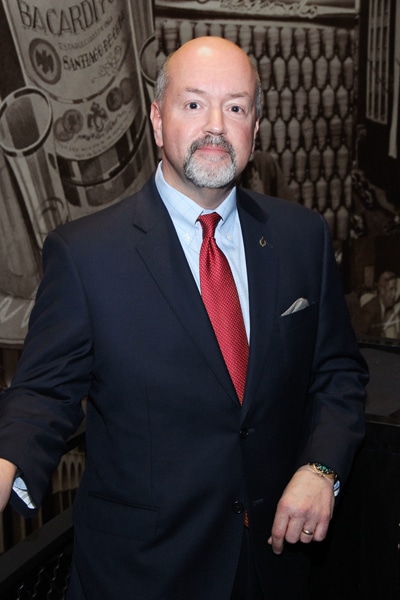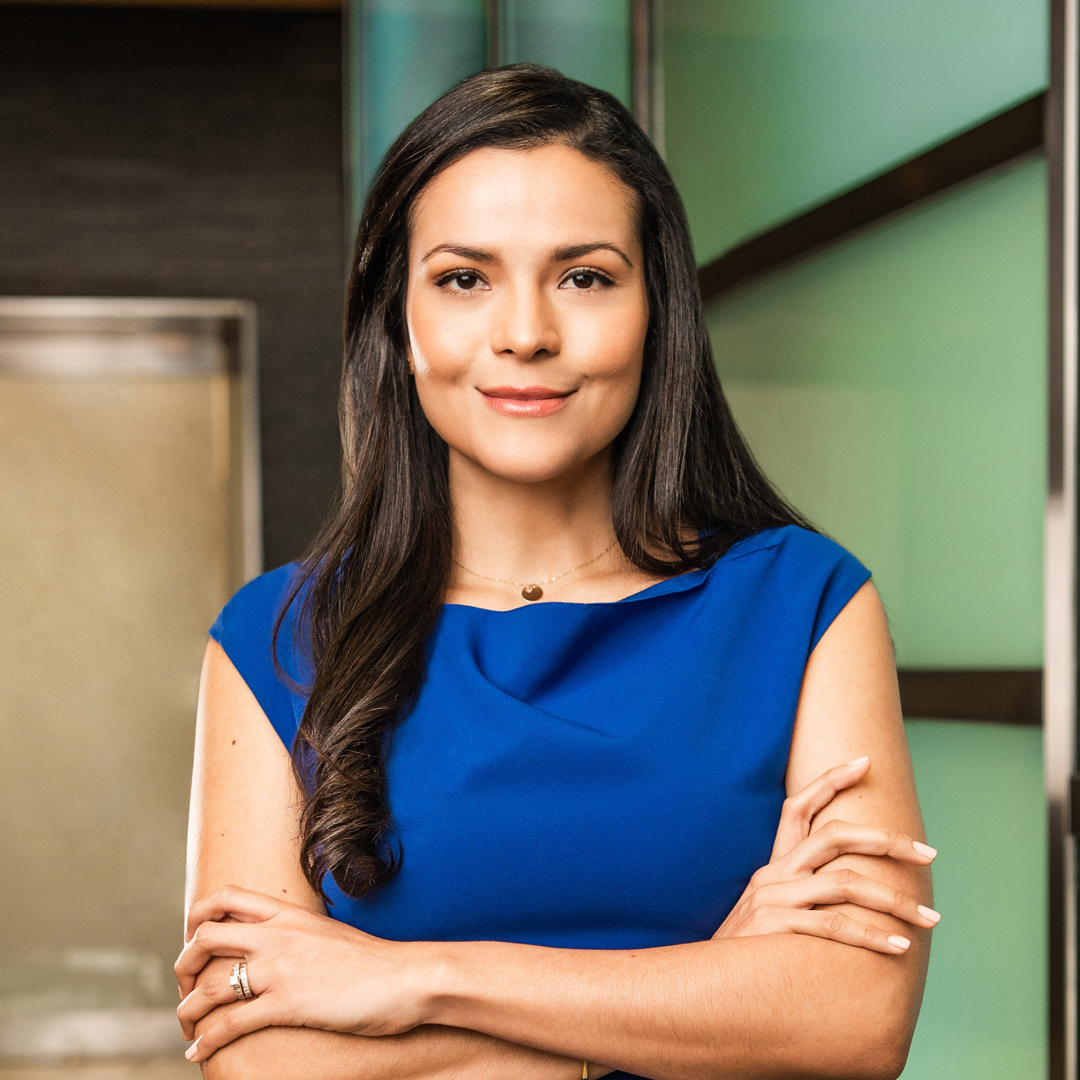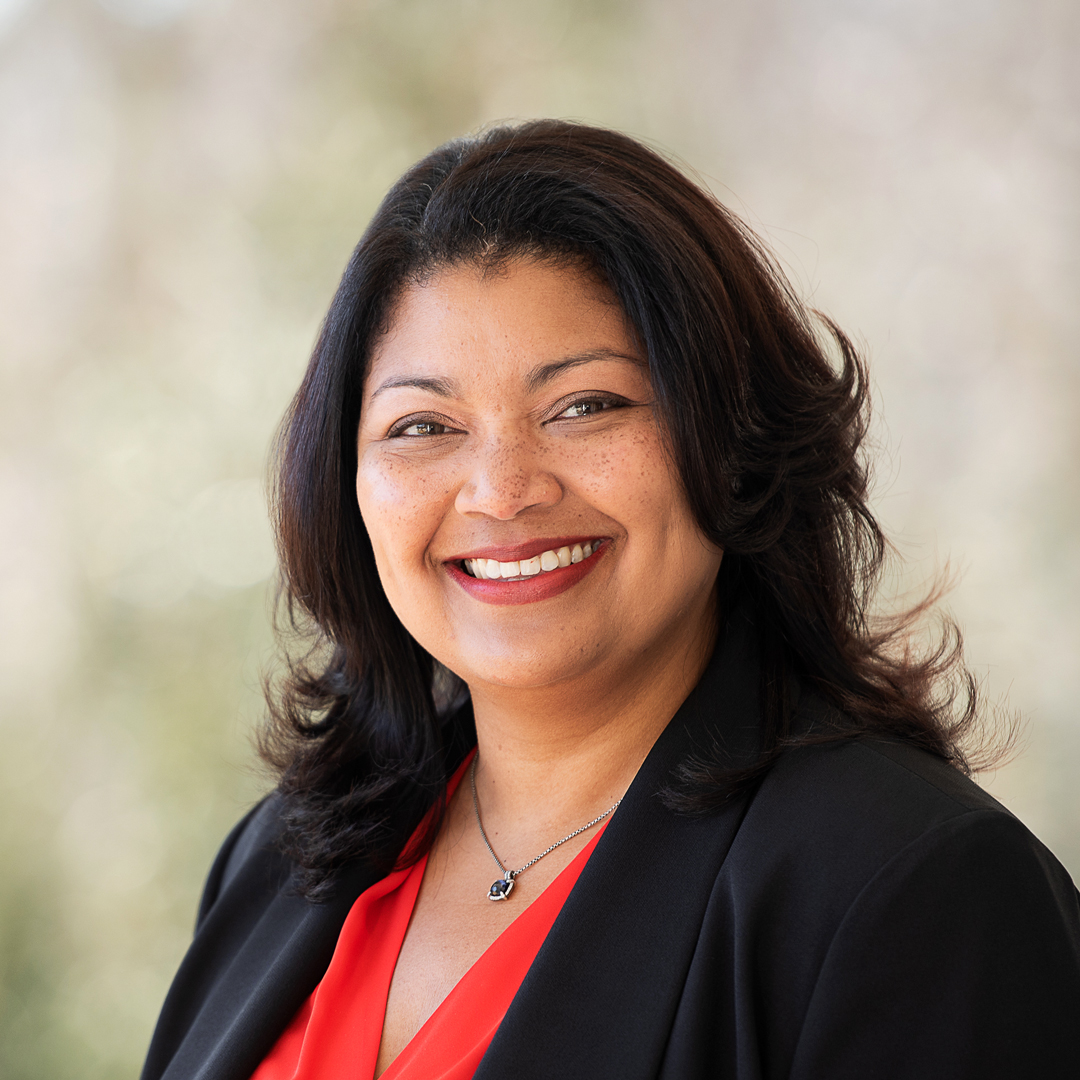|
Getting your Trinity Audio player ready...
|
Ernesto Soler’s nearly thirty-year career at Popular Bank has spanned two different cities, multiple leadership roles, and a myriad of legal, technological, and organizational transformations that have rocked and righted banking since the 1980s. “We have a very open, collaborative culture, and I’m proud to say to people that I work for Popular,” he says. “If I honestly could not say that, I would not be here.”

As senior vice president and head of administration for Popular Bank, he oversees every aspect of back-office operations in the continental United States. He also has indirect oversight of relevant support functions in the head office in Puerto Rico—anything that affects stateside operations goes through him.
Popular Bank was founded in Puerto Rico in 1893 and was the island’s largest single bank by 1950. The company continued to expand aggressively, and in 1961 opened its first stateside branch in New York City. Today, it maintains fifty-one branches in three states, with US assets of nearly $10 billion.
Soler’s early years were defined by Popular’s merger with Banco de Ponce in 1990. At the time, Popular was the largest bank on the island, and Banco de Ponce the second largest. Both had operations in the continental United States, where the situation was reversed—Banco de Ponce had larger operations than Popular. Soler remembers that stress was high, as in any merger. Both institutions had been around for more than seventy years and both had proud cultures—a serious corporate commitment kept the whole project together. “We made a commitment to the employees and to Puerto Rico in general that there would be no layoffs,” he says. “That was an inspiring part of it, but obviously you have to designate managers from either side, and that’s hard.”
“I’d been in banking barely six years,” he adds. “It was eye-opening. You can read about mergers and how difficult they are, but when you live it, it’s a completely different story.”
That early challenge prepared Soler well, and foreshadowed his role in Popular’s ongoing growth across the United States. The growth early on was primarily through acquisitions; Soler’s role through 2001 as assistant controller involved due diligence of the target institutions, and the rate of those acquisitions kept him busy until he relocated to Chicago. There he planned and directed the improvement of the profitability of the retail network, and eventually relocated the whole controller unit from New York, taking over as controller for the bank and later as director of finance.
“We have a very open, collaborative culture, and I’m proud to say to people that I work for Popular. If I honestly could not say that, I would not be here.”
With the 2008 financial crisis, the organization elected to rapidly shrink its business in the continental United States. Some businesses were exited, such as construction and SBA, and some were sold, such as an equipment-leasing subsidiary, along with some branches in New Jersey and Texas. Then, Soler made what he remembers as a “fateful” trip to Puerto Rico.
In the United States, Popular Bank had survived the financial crisis and it was back to being moderately profitable—a respectable accomplishment under the circumstances, but untenable in the long-term. He went with the president of Popular Bank to Puerto Rico to pitch a plan to the Popular board: consolidate resources and cut costs by exiting California and Illinois. The board’s response was more aggressive: do that but go further by moving all of Chicago’s back-office functions to Puerto Rico.
“When we were told that, it was … it was a wake-up call, but we had our task,” he recalls. “How do we get this done and how do we make sure we don’t lose our best people, and manage this transition to Puerto Rico?”
Most of the 300+ back-office associates in Chicago had to be let go, but Soler says that dignity and respect were key to forestalling animosity. Loyalty bonuses and transition pay were an investment in a smooth transition—and an opportunity to demonstrate daily leadership.
“It was gratifying to see how loyal they remained until the last day,” Soler says. “I think we did it the right way, so employees felt we were fair. To this day I still stay in communication with some of those people. They still call me for career advice and some ask for references.”
With 90 percent of finance functions moved to Puerto Rico, Soler had effectively eliminated his own position. Fortunately, he was offered his current role and transferred back to New York where the executive offices were relocated.
“You have to be ready for anything that may come your way—always be curious and hungry to learn. And you have to be in the right place at the right time.”
Today, Popular Bank is as strong as ever, growing its assets to nearly $10 billion and having completed one of its best years in terms of profitability. It continues to update its retail services by transforming its branches: Thanks to online and mobile banking, smaller branches with leaner staffs can serve equal and growing populations. In New York, for example, where real estate prices reach breathtaking heights, the organization might decide to exit an existing lease for a bigger building and open a smaller, updated branch nearby—prominently featuring expanded-service smart ATMs over outdated teller windows.
Soler explains, “They’re all open-concept with no teller area and a universal banker. We’ve introduced digital technologies so every branch has smart ATMs; we’re enhancing mobile and online banking to move people toward those channels, and we’re starting to see traction.”
Popular Bank’s customer base trends slightly older, though, which prompts caution toward replacing services or “modernizing” recklessly. “We can’t alienate those customers. We have to have both technologies,” he says, adding, “How do you weigh that while maintaining a great customer experience? That’s one of the biggest challenges right now.”
For Soler, it’s simply fun: the puzzles of logistics and management, the challenges of dynamic leadership, the technological evolution that continuously renews the industry. When it’s not fun, he tells himself, it’s time to look for another job.
After twenty-nine years and so many key positions in one organization, associates and new employees often ask him to describe the key to success and advancement. “It’s two things,” he says, “First and foremost, you have to be ready for anything that may come your way—always be curious and hungry to learn. And the second one is some degree of luck. You have to be in the right place at the right time.”
He then adds, “The worst thing that can happen in your career is that they say, ‘We’re ready. We’re going to do this.’ And you say: ‘No, I am not quite ready.’ You will be left behind and the same chance might not come by twice.”

